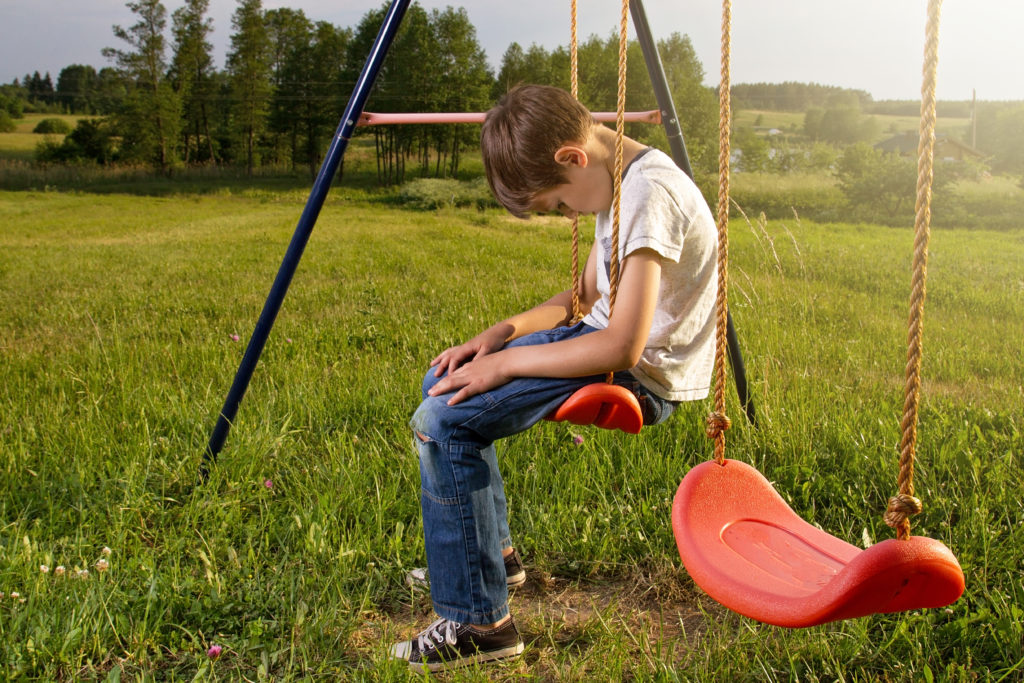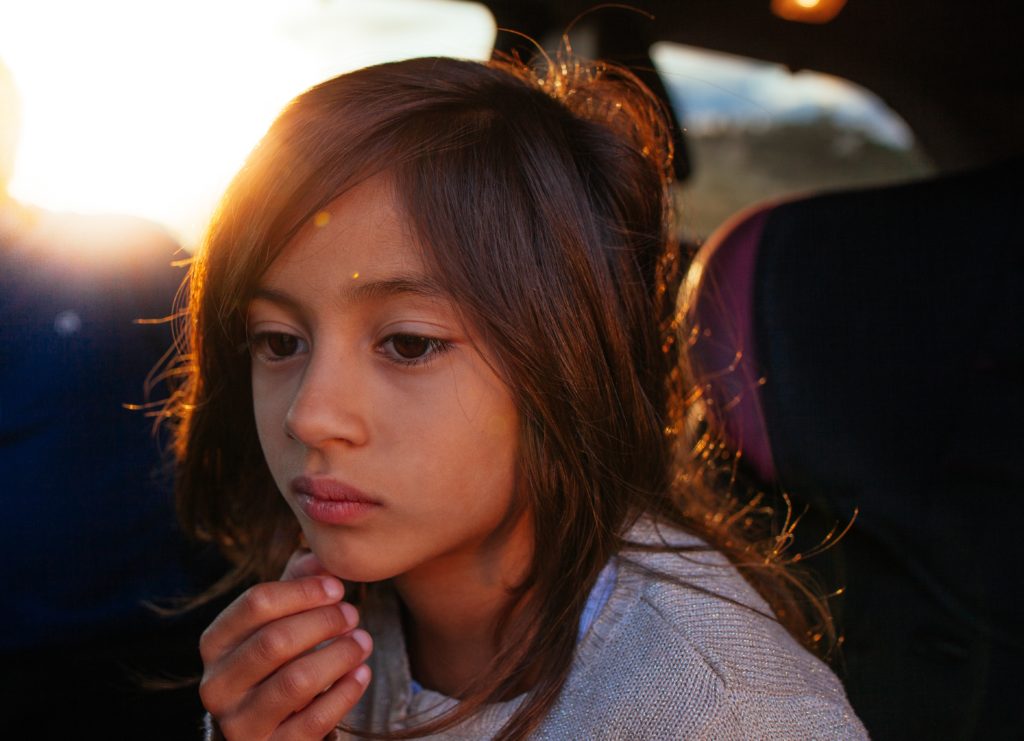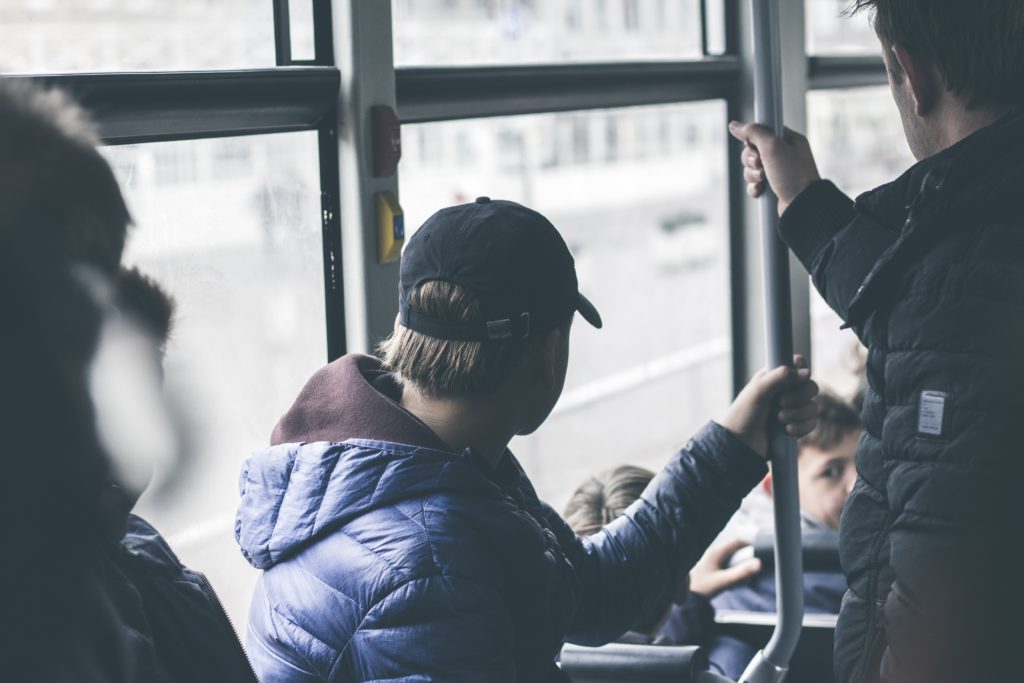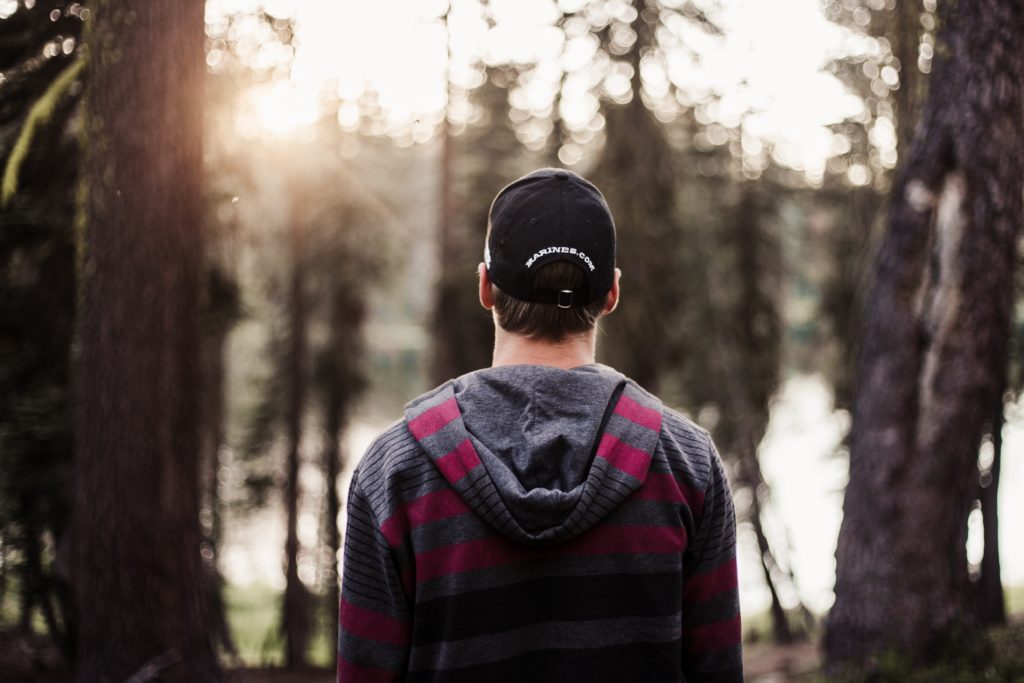Children of Addicted Parents
It’s no joke that being raised by a parent who struggles with drug addiction can negatively impact children throughout their lives. Whether or not the parent(s) of a child has a substance abuse issue or not, parenting and its relation to child development can be a tricky, yet interesting, subject. But to better understand the varying outcomes of development, we need to step into the shoes of children of addicted parents.
Nearly 28 million children have an alcoholic parent (via Alcoholism Statistics’ page). According to the National Institue on Drug Abuse (NIH), at least 25% of children in the United States grow up with exposure to parental alcohol or drug abuse. That means an estimate of one in every four kids has an addicted parent.
Risks and Results
Not only does growing up with addicted parents lead to risk factors such as neglect, but there’s also the possibility of the child developing behavioral issues, mental health disorders, anger, depression, and social limitations.
Maybe you can relate to some of these childhood experiences in your own life. Perhaps you’ve been lucky enough to come out at the other side stronger and highly driven to live differently. Or maybe, you yourself fell into addiction without really knowing why, and want to know how to finally escape the generational pattern of substance abuse.
How Does Addiction Affect Children?

Development
Young children are extremely vulnerable during their developmental years– from birth to about 14 years of age. Kids’ brains are especially malleable, meaning easily influenced and moldable, around 2 years old (“the terrible twos”) and then throughout the remainder of their teenage years.
Neuroscientists at MIT discovered that kids who undergo physical or emotional trauma during these ages can experience permanent damage in various neural (meaning brain) pathways. As a result, difficult cognitive defects, no matter how mild or severe, can remain present as they enter into adulthood.
Neglect
When a parent is under the influence of drugs or alcohol, it’s nearly impossible for him or her to be fully present in the child’s life. Lacking full presence can lead to child neglect. Whether unintentional or not, an addicted parent often fails to provide the full basic needs of their child.
As we may already know, childhood neglect can lead to a list of developmental complications. Child Welfare claims that child neglect, or “maltreatment”, often results in children “likely to have poorer physical, intellectual, social, and emotional outcomes and are at greater risk of developing substance abuse problems themselves.”
Attachment
As we’ll see below, there are several roles a child can take when growing up with an addicted parent. Sometimes these roles are the after effect of inadequate methods of parent-child attachment.
Anxious Attachment
When a baby is born, all throughout toddler years there is a significant need for close bonding and attachment with the parents. If this attachment isn’t fully given as the child needs, they can develop an anxious attachment style in future relationships. Anxious attachment is when “children experience attention as valuable, but unreliable, and not necessarily easily achieved.” (Corinne Rees, Childhood Attachment).
Avoidant Attachment
In the instance that a parent(s) cannot teach their kid the value of attachment, an avoidant attachment can occur. Avoidant attachment is the opposite of anxious attachment: the child becomes withdrawn, ignores social cues, and keeps people at a distance in future relationships. This can also result from violence and aggression during the upbringing– from physical, sexual, or verbal abuse, for example.
There are several other theories of attachment styles in psychology which may be worth looking into. However, these two are the main styles seen in the lives of children of addicted parents.
Traumatic Experiences

Along with substance abuse comes all kinds of traumatic experiences. People who use or abuse drugs and alcohol are the leading cause of domestic violence in America. Both substances are mind-altering, and can drastically alter the behavior of users. Because of this, many addicts act out without thinking, make dangerous decisions, and say things they don’t really mean when they are under the effects of drugs.
From a child’s perspective, witnessing a parent’s actions such as these can be quite traumatic. Being the smaller person involved in witnessing a drunken rampage, drug deal, intense mood swings of withdrawal, or an accidental overdose can stay with a kid and affect their lives forever.
No matter how subtle or extreme the addicted parent acts out from their addiction, it can cause trauma and hurtful experiences which can later disable the child in properly growing.
Learned Behavior
We all learn certain behaviors from our parents or legal guardians. Furthermore, a lot of us grew up with a lack of supportive role models to learn from. When a young person lives in a family or community where the common behavior is repeated, it’s likely that he or she will grow up to repeat what they’ve learned.
Learned behavior can be anything from daily hygiene routines, communication skills, reaction impulses, hobbies of interest, coping methods, religious practices, or even parenting styles. If you’ve heard someone tell you, “you’re just like your mom/dad,” you know it’s probably regarding a pattern of learned behavior.
Is drug addiction a learned behavior? It could be, but mainly the act of turning to drugs or alcohol as a form of relief counts as a learned behavior. From there, it can turn into an addiction, which can then bring on a whole set of suppressed learned behaviors to the surface. Obviously, this isn’t always true for everyone, though. There are learned behaviors that are positive, helpful, and priceless, too.
Role Reversals: Child Takes Care of Parent
If you’ve spent any amount of time watching the popular Showtime series, Shameless, you’ll be able to visualize a perfect example of what’s called “role reversal” in children of addicted parents.
You’ll notice the main character, Frank, father of six children, always causing problems for the family. He constantly needs help fixing his drug-inspired mistakes. Many interactions he has with his maturing kids are simply his attempts at manipulating money or assistance out of them for selfish pursuits.
Frank’s oldest child, Fiona (who’s character is already a young adult), repeatedly has to clean his vomit, kick him out of the house, and face some ridiculous consequences of his actions. At first, she may have taken care of her drunk dad to try and “help” him, but she eventually burns out on caring and merely does these things as a means to protect her five younger siblings.

Instead of receiving adequate safety, love, discipline, and supervision from a parent during childhood, many times a child of an addicted parent might grow up learning to take care of him or herself, as well as their addicted parent. If siblings are involved, the oldest or most responsible child might even look after their brothers and sisters, too. In a sense, the child takes on their own role of parenting. Sometimes, later as adults, they might admit, “I never really had a childhood.” And they’re right.
Do Children of Addicted Parents Become Addicts Too?
It really depends. There are many influences one can pick up from growing up as children of addicted parents. Is addiction genetic? There have been countless studies trying to figure out the “Nature vs Nurture” argument when it comes to this subject. It’s been proven that genetics of addiction is certainly part of the equation– although not always.
Could becoming an addict be part of the learned behavior? That could play a major part in any bad habit of an adult who picked coping methods up from their own parents. What about older children who turn to drugs as a means of escape from their own painful reality at home? That’s a very likely situation we often see happening, too.
One or the Other?
Honestly, there’s no fully accurate answer set in stone about whether or not children of addicted parents will become addicts themselves. Sadly, many do. I’m sure nobody grows up as a kid and thinks, “Hmm, when I grow up? I want to be addicted to drugs.” Nobody wants that! But the truth is, it happens. However, it doesn’t have to be that way. In fact, many individuals who grow up children of addicted parents, actually decide early on that they will rise above the circumstances and learn how to stay away from behaviors such as drug addiction.
Ironically, his happened to me. As someone who was raised by alcoholics and addicts in the family, somehow I adapted to feeling completely turned off by drugs or alcohol. Witnessing and being affected by the hurtful damage drugs caused my loved ones still left me with issues. But, it drove me to live the exact opposite of an addict’s lifestyle.

A lot of people find this observation interesting: it seems like either one or the other. Either you grow up to become a raging alcohol just like your mom, or you grow up a super weirdo who never wants to try anything intoxicating for fun. But, when we look deeper, we can see there’s also a spectrum in-between the two.
What About Adult Children of Addicts and Alcoholics?
With the turbulence of growing up in a home of addicts or alcoholics, it’s hardly noticeable for a developing person to identify their situation exactly. For the child, their day to day simply looks like trying to survive and cope with all the chaos.
It isn’t until the child grows up, leaves their home, and enters adulthood that they might start to notice something is sort of “off”. As adults, we hopefully continue to develop (although not as rapidly) and seek paths of success. When we stop needing to care for or avoid the addicted parent anymore, we experience a moment of reflection and “why did that happen?” We can finally stop to fully think about what we want, who we are as adults and question what life is really about. Maybe you want to create your own life, have a family, and figure stuff out for yourself.
Confronting the Family
With this might come still having to deal with your family from time to time. It might be difficult, especially if your addicted parent never recovers or gets sober. It can even be challenging if he or she does get sober– you might never feel a need to continue the relationship or ever forgive them. We all experience these varying situations and feelings. That’s okay. The main thing to focus on is remaining well, and working through any issues or setbacks the negative effects of being children of addicted parents has caused up until now.
Healing from Childhood Affected by Addiction

So, you were raised by someone who was an addict or an alcoholic. Or maybe you know someone who was raised this way and you notice it still having an effect on them. Now what? How do we keep going? In what ways are we supposed to go about our lives?
The good news is, just because a person who raised you was caught in addiction, does not mean you have to remain stuck.
Support Groups
There are a lot of great support groups that specifically welcome adult children of addicted parents. Some examples are:
ACA, Adult Children of Alcoholics, which is like AA but for those of us who grew up with alcoholics.
Al-Anon Teen Corner (AlaTeen), an anonymous support group for teens with addicted loved ones.
NACoA, National Association for Children of Addiction
National Runaway Safeline, a free helpline for runaways escaping dangerous households.
Therapy – Psychological Approach
Talking to a professional therapist or psychologist can help change lives. Therapists offer a safe space to talk confidentially one-on-one about the most difficult issues in life. They have a keen understanding of different types of psychology, relationships, etc. Therapists don’t “fix” your problems. However, they sure provide an encouraging path to recovery, if you’re willing to stay honest and work through it.
Boundaries
It’s important to establish boundaries with the addicts who affected you if you feel it will keep you safe and give you the space you need to recover. Learn about codependency too, as that’s a common condition a lot of children of addicted parents face.
Prioritize taking care of yourself during recovery so you can better heal and improve.
Forgive
Sometime along your recovery, you might find it time to let go of the past and forgive. There’s a lot of freedom in forgiveness. It might not come right away, but it’s an important step for recovery. Different people experience forgiveness in different ways, and you’ll know when the timing is right.
Hope
As you recover, you can be a beacon of hope for other kids who are in similar situations. You can always give back. Become a mentor. Be a good and trustworthy role model to a younger person who might have none. Share your story with others if you feel a need! Each story is important and you can inspire others just by sharing how you overcome pain and adversity.
Sources
Helping Children of Addicted Parents Find Help (NIH) (2012)
Child Welfare Information Gateway: Substance Abuse and Child Maltreatment (2003)
British Journal of General Practice: Childhood Attachment (2007)
Understanding the Diverse Needs of Children whose Parents Abuse Substances (2013)
